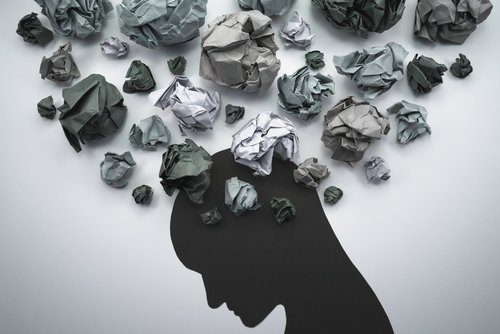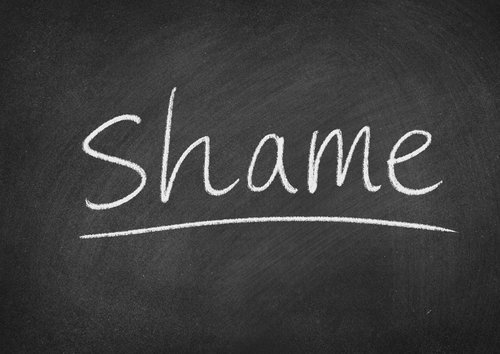
DR MARIANNE MILLER
CARING EATING DISORDER TREATMENT IN SAN DIEGO AND THROUGHOUT CALIFORNIA, TEXAS, AND WASHINGTON D.C. FOR ADULTS & TEENS

Addressing Triggers and Cravings During a Binge Eating Program: 5 Strategies that Help With Binge Eating
Whether you live in London, Manchester, or Birmingham in the UK, or whether you live in San Diego, Houston, or Washington DC in the US, or anywhere in between, it can be so helpful to join a binge eating program that helps you reduce and eliminate binge eating episodes. Such binge eating programs also teach you to manage obsessive thoughts: Imagine what it would be like to go from thinking about food, eating, and body image 90% of the time to 10% of the time. It’s amazing! I know. I’ve lived it. I’ve also created an online, self-paced binge eating program to help you get to that place, too. Regardless of what binge eating program you join, it’s really about finding freedom with food and with your body. Throughout such binge eating programs, you still may struggle with triggers and cravings. Don’t worry—I’m here to help! Here are five strategies on what to do when such triggers and cravings come up.

A Mini-Guide to Practicing Self-Love in Binge Eating Treatment and Recovery
My word of the year is love. Yes, yes I got this idea from Lizzo’s album Special and from Sonya Renee Taylor’s book, The Body is Not an Apology: The Power of Radical Self-Love. After listening to the album hundreds of times and reading the book over and over again as I treated eating disorders in San Diego and coached recovering from binge eating in cities like London, Chicago, Atlanta, and New York, I figured it out. I linked the power of self-love to the binge eating recovery process. In order to help yourself recover from binge eating, You have to learn to love yourself. It may sound hard. It may even feel impossible. I’m here to give you hope that self-love is not only possible, it’s inevitable when you get the right binge eating help.

Yes, It's Hard Dealing with All the Stress Going on Right Now
Feeling overwhelmed with all the news lately? Experiencing high anxiety and not sure how to handle it? For people in eating disorder recovery in San Diego and elsewhere, it can be especially triggering. In this post, I share some of what I’ve been feeling with all the fear and negativity in the news and how I’ve been coping with it.

Five Details on Dodging Depression in Eating Disorder Recovery
Struggling with getting out of bed in the morning? Crying a lot and feeling lethargic? Struggling with finding pleasure in activities that you used to love? You may be suffering from clinical depression. The sun can be bright, and the palm trees swaying in the wind as you go about your life in San Diego, but you still feel sad. It can really, really suck—especially when you’re recovering from an eating disorder.
Depression is very typical in people with eating disorders. It is a common co-occurring or co-morbid mental disorder in individuals struggling with anorexia (AN), bulimia (BN), binge eating disorder (BED), and other specified feeding or eating disorders (OSFED). Having depression when you’re living in such a stunning location like San Diego can be especially challenging, as the disparity between what you’re feeling and the “beautiful life” others seem to be living can be hard to bear.

Four Steps to Stomp Out Self-Criticism in Eating Disorder Recovery
Ever wish you could take a break from negative thoughts—like take a vacation from your brain? Feel like you’re on a self-criticism merry-go-round that you can’t get off? Many people struggle with self-criticism, especially those in recovery from eating disorders. It can be easy to be hard on yourself in San Diego, as you see people around you splashing in the ocean and laying on the warm sand. You might think, “what’s wrong with me that I’m not like them?” Even on social media you see everyone else posting about how wonderful their lives are, triggering negative thoughts that crash over you like a wave. You may feel hopeless and that there’s no way out. I want to convey that you CAN get out of the self-criticism cycle and live a more satisfying life. Check out the four steps in this blog post, and you’ll be on your way!

Three Pointers for Pushing Back Perfectionism in Eating Disorder Recovery
Feel like you aren’t good enough? Always comparing yourself to others? Constantly cataloguing your faults and feeling like a failure? It sounds like you are struggling with perfectionism. It can be so challenging to fall into the “compare and despair” pit when you are in San Diego and there is such an emphasis on perfect looks and perfect achievement, materialistically or otherwise. Even elsewhere in the U.S. and around the world, perfectionism is a trait that can be common in people suffering from eating disorders.
As most eating disorder researchers and experts will say, eating disorders are brain disorders. When compared to brains of people without eating disorders, people with eating disorders have areas of their brains that don’t function as efficiently or effectively. What that means is that if you have an eating disorder, it’s not your fault. It’s not about willpower or about sucking it up to “just eat” or “just stop eating.” It’s about needing to get help to change how your brain works. Struggling with perfectionism AND an eating disorder can lead to (a) feeling like you have to be perfect, so you engage in eating disorder behaviors to try to be perfect, or (b) feeling disappointed or ashamed that you’re not perfect, so you you engage in eating disorder behaviors to counteract these emotions. Either way, perfectionism can be a challenge to recovery.

Six Ways to Stare Down Shame in Eating Disorder Recovery
Feel like shame sometimes hijacks your brain and leaves you wounded and broken, laying bleeding on the sidewalk? You’re not alone. Most people grapple with shame in eating disorder recovery. Whether it’s shame about your body, shame about your eating disorder behaviors, shame about your thoughts, or even deep, dark shame that you even exist—shame can be so pervasive and paralyzing. It can be especially hard in San Diego, where the “beautiful life” exists all around you and you feel even more shame because you feel as though you’re not a part of it. Whether you live in San Diego or elsewhere, I want to let you know that it IS possible to overcome shame in your eating disorder recovery. I’ve outlined six strategies to stare down shame, borrowing some from Dr. Brené Brown, who is a shame, courage, and vulnerability researcher.
